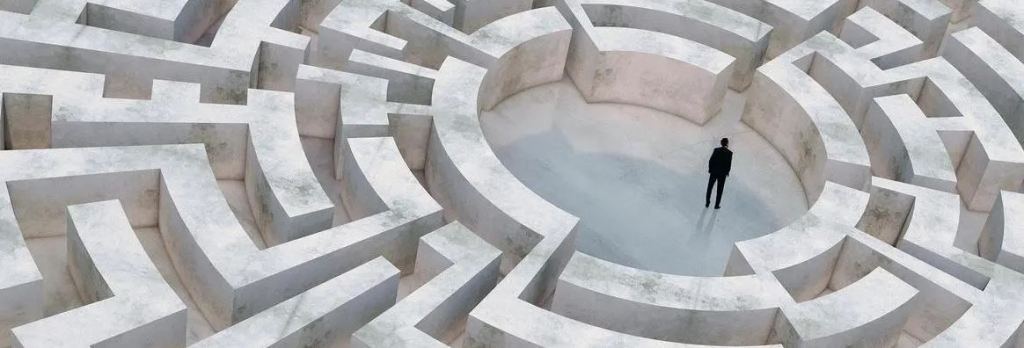
In the heart of Stanford University’s labs, neurobiologist Robert Sapolsky’s groundbreaking work peels back layers of human behavior, suggesting that what we perceive as free will might be more illusory than we ever imagined. But what if this scientific journey into the nature of human actions aligns more closely with spiritual and esoteric beliefs than we think?
My odyssey, intertwining spiritual awakening with a deep dive into multidimensional physics, mirrors an age-old narrative: we are characters in an intricately written story, experiencing life through a veil of emotion and choice. This perspective, akin to viewing existence as the most advanced virtual reality game, where every decision and emotion is pre-programmed yet feels astonishingly accurate, offers a fascinating parallel to Sapolsky’s findings.
From my childhood intuitions to my adult exploration of physics and the spiritual realm, I’ve come to see the universe as a vast, interconnected web, where synchronous events and esoteric knowledge weave a compelling argument for a predetermined plot, with our sense of agency as mere players in a grand design. After four decades of delving into the minds of humans and other primates, Sapolsky proposes that our actions are dictated by an array of external factors, leaving scant room for the traditional concept of free will.
This revelation, however unsettling, could be a bridge to a broader understanding of existence—one that embraces the scientific and the spiritual in equal measure. As I navigated my spiritual path, particularly after a profound shift at 33—a juncture often cited as a turning point towards spiritual enlightenment—I encountered an avalanche of synchronicities that seemed to affirm my beliefs. The world, it appears, is gradually tilting towards these notions, positioning me and others who share this conviction at a fascinating crossroads of thought and expression.
Sapolsky’s hypothesis challenges us to reconsider our assumptions about control and accountability, urging a transition toward empathy and understanding. My journey echoes this transformation, suggesting that our lives, perhaps dictated by forces beyond our comprehension, are still rich with meaning and purpose. Understanding that we might be characters in a cosmic narrative doesn’t diminish our experiences but instead invites us to view them through a lens of wonder and interconnectedness.
The dialogue between Sapolsky’s scientific rigor and the mystical realms of spirituality and multidimensionality doesn’t have to be contentious. Instead, it can be a confluence of streams leading to the same ocean—a realization that our search for meaning, control, and purpose, whether through the microscope or the meditative trance, might be different paths up the same mountain.
As we stand at the intersection of neuroscience, spirituality, and metaphysics, the invitation is not to choose one perspective over another but to explore human existence’s rich, multifaceted landscape. In understanding the limits of our free will, we can find freedom in accepting life’s grand design, embracing each moment not as a constraint but as an opportunity to experience the vast tapestry of existence.
~Chuck
Leave a comment